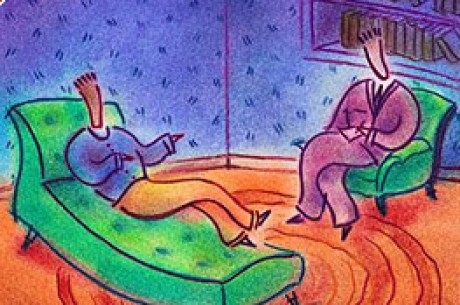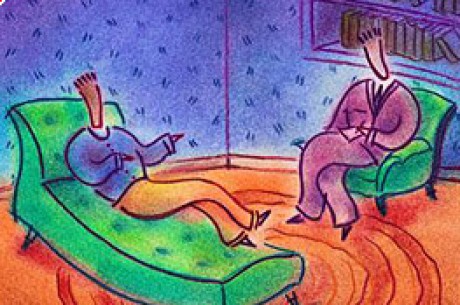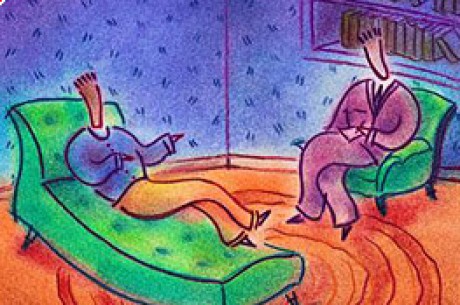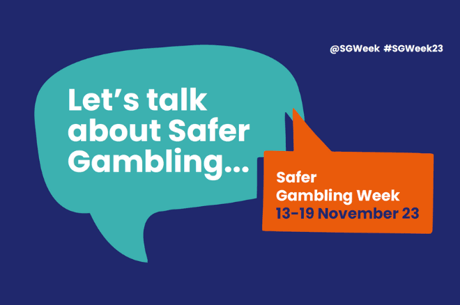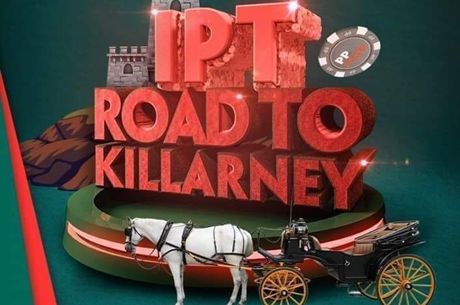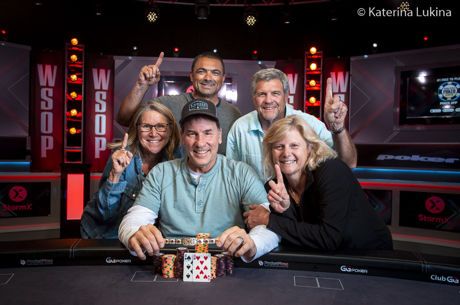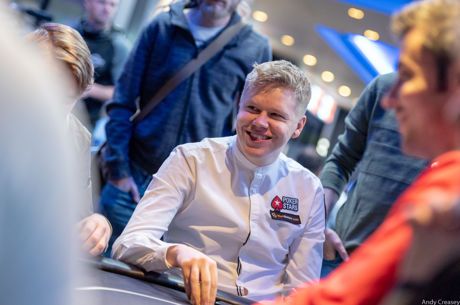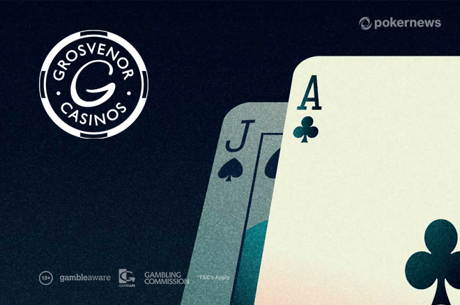The Poker Counselor's Corner (24)
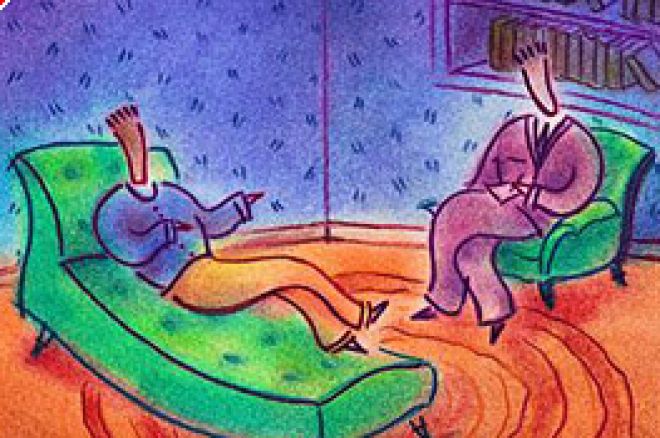
Editor's Note: In addition to being a poker enthusiast, gambling columnist, and lecturer, John is a National Certified Counselor (NCC) and practices in his home state of Pennsylvania. He has a Master of Arts degree in Counseling from West Virginia University, and a Bachelor's degree in Psychology with a minor in Sociology from Lock Haven University. You can arrange for interviews, speaking engagements, or ask your question to "the Poker Counselor" at [email protected].
Playing online in a sit 'n go, the button pushed all-in during the first round of play. Both myself (SB) and the Big Blind called, only to see our chips slide to the button player when an Ace spiked on the River. The BB and I were severely short-stacked. I pushed all-in pre-flop the very next hand with garbage. I figured I was dead in the water, anyway. Later that night I saw the tournament results had been delivered to my email. The BB player that was severely short-stacked with me had won! I was shocked and disgusted. I figure that was a miracle. Should I be trying to hang in for such miracles or just tossing in my last chips in order to move on to the next tournament or ring game? - Emailed by Eric V., St. Cloud, Florida
If you are so certain that you are guaranteed to lose once your chip stack drops low, then you might as well go ahead and donate them to the next guy. You see, with such a negative, defeatist attitude you have no chance of a comeback. You've psychologically already given up, meaning that you're as good as out. On the other hand, if you can get to a mental 'place' where you believe in yourself and hold onto some hope, then play your best game and enjoy the fight.
You must have heard the old poker adage stating that you only need "a chip and a chair." That saying is only partially correct, as you don't really need a chair. You actually need a chip and some confidence/hope to have a chance. On Day 2 of the 2003 World Series main event, Barry Greenstein drew out on Sammy Farha to leave Sammy with less than 5000 in chips. At the time, the average sat somewhere around 60000. Disgusted, Sammy got up from the table to take his leave. Barry convinced Sammy to sit down and play out his last bit of chips. Sammy grunted, then nodded his head and wore a look of determination as he refocused. Before the day was done, Sammy had pushed all-in several times and survived to the tune of nearly 60000 in chips. Sammy ended up reaching poker immortality in that tournament by placing 2nd to Chris Moneymaker, as it was the most-watched poker tournament ever (at the time). Surely Sammy had gotten lucky along the way, but he had done it. I propose that his poker experience and confidence helped him along the way. A lesser player (one who is apt to give up and lose hope) would have faltered along the ascension, losing the remainder of their chips.
Ask any poker veteran about their personal tournament comeback story and you're certain to hear an amazing tale. We all have (at least) one where we beat improbable odds to claw back into the game. In the example you've written about, I'm not surprised at all that a short stack came back to win. You note that it was very early in the sit-n-go, meaning the blinds were low. In the early rounds of these single table tourneys, players are notorious for trying to limp in with marginal hands. It seems that in these online quickies, any Ace-rag, any suited cards, and any connectors are worth a limp from any position. With that being said, it is more than possible to have at least ? the table call the big blind pre-flop. So, a short stack of 50 chips could wait a round to hit a good (or good enough) starting hand and expect to get 4-6 times his money back if he hits. With some chips to work with after that, a couple of more timely all-in's and your short stack may have swelled to a very handsome level.
It is often commented that playing with a short stack is easy, as there is one decision: fold vs. all-in. That portion is true. What is not easy about being the short stack is the psychological aspects. You must stay mentally active in the game, still attempting to read other players for later (in case you survive). You must hold some hope and confidence. You must be prepared to fight. A chip, a chair, and some determination will allow you to one day tell your own comeback story.
I do better against relatively skilled players than I do complete novices. If a guy that never played before comes to our home game, I can never read them. I do better against guys that have been playing for a year or two. What the heck is that all about? - Jason J., from Dover, Delaware
I've had this sort of question posed in the past. At first, I simply attributed it to being unable to know what your opponent has because HE didn't know what he had! I've come to realize that in many cases, there is more to the problem than I originally guessed. You see, I'm thinking that your inability to read new players may be exposing a hole in your skill set. You see, reading more experienced players often comes down to evaluating their bets. People 'tell' most often with what matters most - their money. We can make assumptions and reads by how much is bet, from which position. We know to track back to evaluate that player's checks/calls on the previous rounds. A check-raise to all-in with 4 hearts on the board means a player is representing the Ah. With a complete novice, the money that is bet and called has no solid tell. Complete newbies are as likely to move all-in with black Deuces with 4 hearts on board as with red Aces. Thus, we can't rely on reading bet amounts. Instead, you have to really read the man. Does he like his hand? Did he re-check his cards to see if he held a heart? Did his eyes fixate on the 4th heart when it hit?
Experienced players know the 'correct' or regular raises in light of position, pot odds, and percentages. I wonder if you are relying on this fact to lead your decision making. Meanwhile, you may be lacking in reading physical tells. Keep watching newbies closely, practicing your tell-finding ability. New players are too focused on remembering when it is their turn to act, or focused on remembering the blind amounts, to mask their emotions. Hone your skills to beat the new players, and you'll find yourself having even more success at the next level.
KEEP THOSE QUESTIONS COMING!! [email protected]...
Ed Note: Poker Blue are freerolling one person a week into a $10,000 WPT event. It should be you!!

